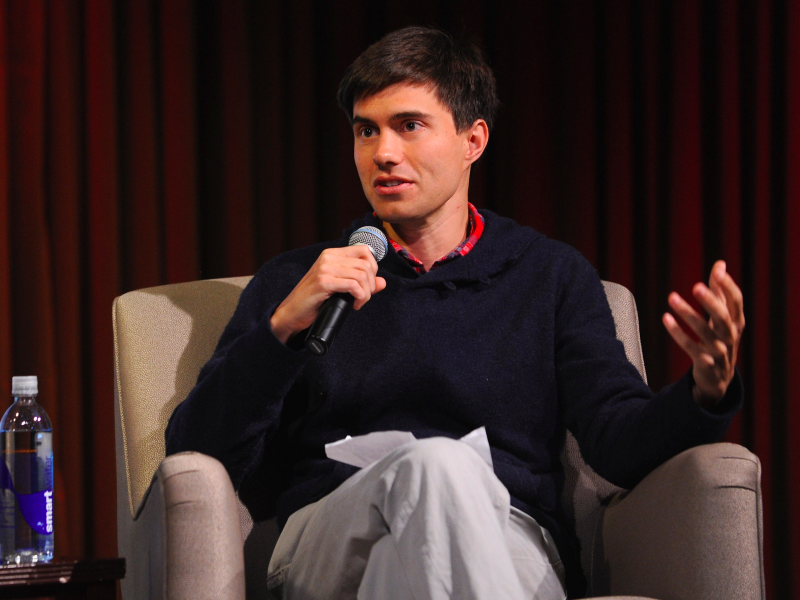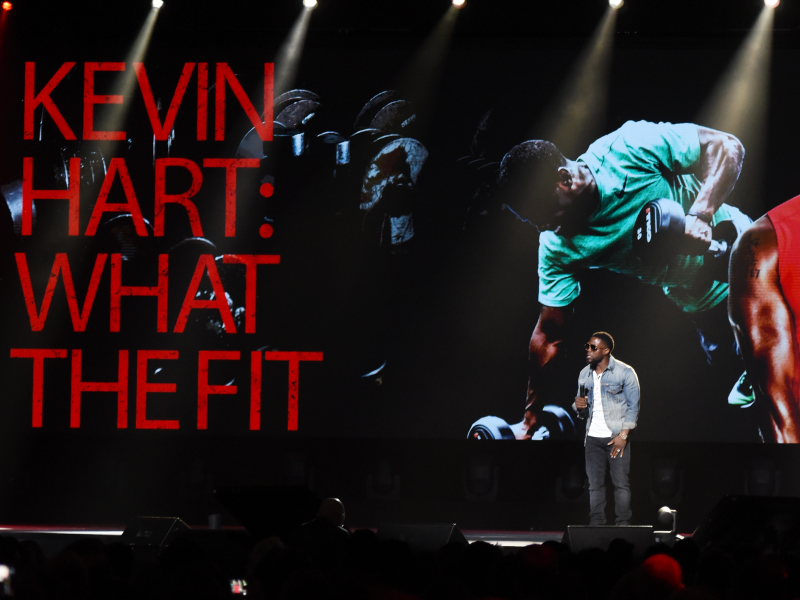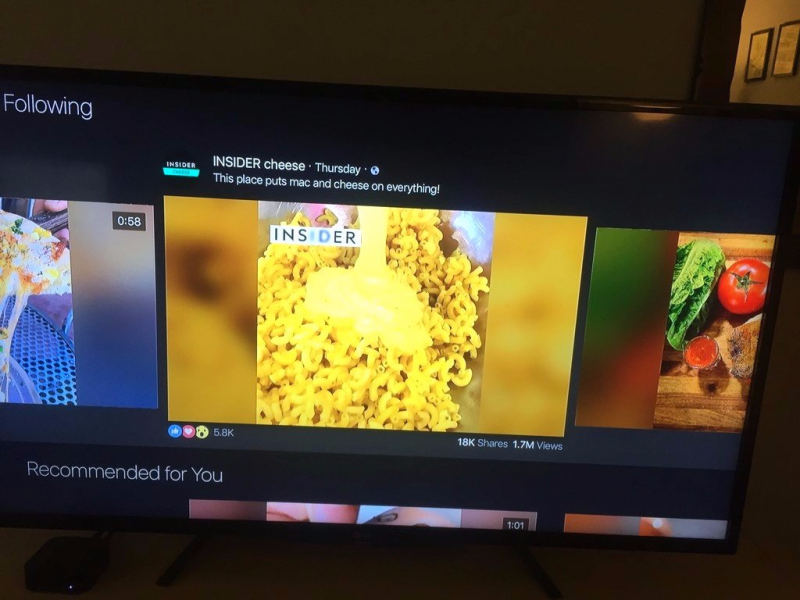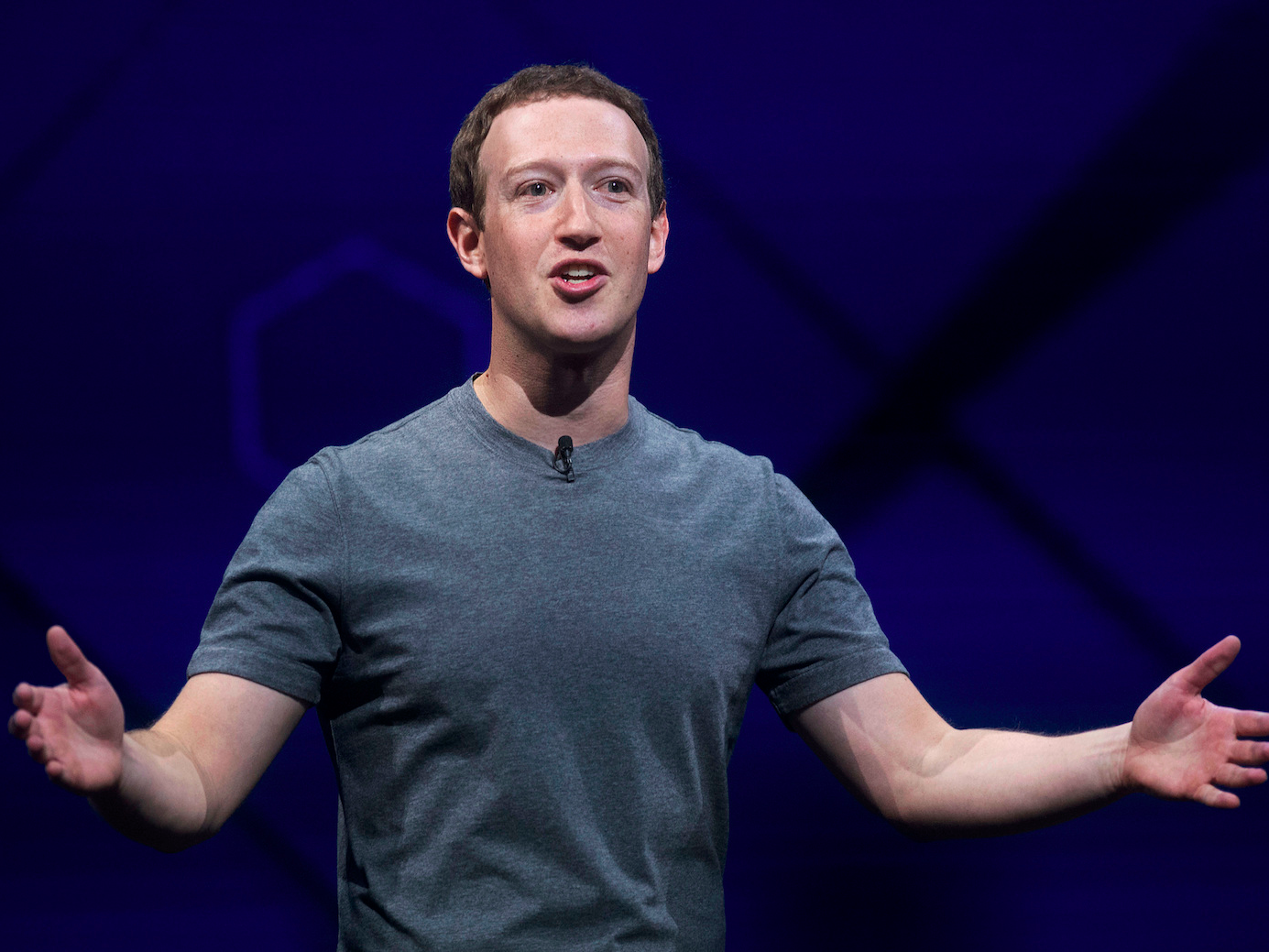Facebook has kicked its push for TV-like shows into high gear and is aiming to premiere its slate of programming in mid-June, multiple people familiar with the plans told Business Insider.
Facebook plans to have about two dozen shows for this initial push and has greenlit multiple shows for production, according to people familiar with the discussions. They said the social network had been looking for shows in two distinct tiers: a marquee tier for a few longer, big-budget shows that would feel at home on TV, and a lower tier for shorter, less expensive shows of about five to 10 minutes that would refresh every 24 hours.
The new video initiative means Facebook would play a much more hands-on role in controlling the content that appears on its social network with nearly 2 billion members – and it comes as companies like Amazon, YouTube, and Snap are locked in an arms race to secure premium video programming.
Facebook sees high-quality, scripted video as an important feature to retain users, particularly a younger demographic that is increasingly flocking to rival Snapchat, as well as a means to rake in brand advertising dollars traditionally reserved for traditional TV.
Whether Facebook's users will embrace such programming is unclear. The short video clips that autoplay in Facebook's News Feed have been a success for most publishers, but there's no guarantee that consumers will begin to think of Facebook as a destination for watching longer-form shows.
Facebook declined to comment for this story.
VR dating and A-list celebs

The effort to snag exclusive shows is being led by CollegeHumor cofounder Ricky Van Veen, whom Facebook hired in December to be its global creative strategy chief.
His small team has been meeting with production companies and hearing pitches for episodic shows five to 30 minutes long that would live in a revamped version of Facebook's video tab.
Multiple people mentioned Netflix's "House of Cards" as a representation of the caliber of shows that have been pitched to Facebook for its higher tier, while another cited "Scandal" as an example. As for the lower tier, Facebook is looking for production budgets that fall somewhere between TV and digital shows, similar to the shows on Verizon's go90 service, one person said.
One show Facebook has greenlit is a virtual-reality dating show from Conde Nast Entertainment in which people go on first dates in VR before they meet in real life, according to one person who asked not to be named because the discussions are private. At Conde Nast's NewFront presentation on Tuesday, the company confirmed that it had a new video project with Facebook, but didn't give details.
Facebook has tapped A-list celebrities to star in some of the shows, according to multiple people briefed on the plans. One agency has already attached an A-list Hollywood star to a show, according to a person familiar with the talks.
While Facebook is interested in a range of content, one genre it's intensely targeting is teen-centric shows.
"They are obsessed with Snapchat," one person said. Another said Facebook was targeting younger users "to expand the audience demo."
Snap has been actively pursuing show deals with many of the same companies as Facebook for its app's Discover section.
"They are definitely in a race right now," a third person said.
Another area Facebook is looking closely at is sports, and the company has reportedly talked with MLB.
"Sports is probably something that we'll want to try at some point," Facebook CEO Mark Zuckerberg said on a recent earnings call.
One person said the mid-June launch date could be pushed back. Another said Facebook initially planned to unveil its shows around its developer conference in mid-April but decided to debut in time for the Cannes Lions advertising festival, which starts June 17.
The ad play
The new video strategy pits Facebook directly against YouTube, which on Thursday announced it would fund a slate of original shows starring big names like Ellen DeGeneres, Kevin Hart, and Katy Perry. The new shows will be supported by ads and available for anyone to watch, instead of living in YouTube's $10-a-month subscription service.

"Five years ago, 85% of all original series were ad-supported," Robert Kyncl, YouTube's business chief, said at an event on Thursday of the company's strategy. "This year, that number has fallen to just over two-thirds. And with significantly more content coming to subscription services, that shift is accelerating. So we see these shows as a way for us to partner with [advertisers] to buck this trend."
Facebook's thinking seems in line with YouTube's, as Facebook's primary means of monetizing its original shows will be through ads in the middle of the video, known as mid-roll ads, multiple people said. The social network has been testing the ads for months with a handful of publishers in live and recorded videos but hasn't made the format widely available.
In discussions with partners, Facebook executives have repeatedly said they eventually want to move toward a revenue-sharing model for scripted shows through mid-roll ads. To start, Facebook is purchasing the rights to some shows upfront with plans to recoup its costs through mid-roll ads later.
Living-room screens
A concern among partners is that Facebook executives have yet to explain why people would seek out longer shows in the Facebook app's video tab.
"Facebook hasn't figured it out," one partner said.
"That's a needle they have to thread," another person said.

Facebook released a standalone video app for the Apple TV and other set-top boxes in March that could presumably also be used to feature its original shows, the people said.
"The goal is going to be creating some anchor content initially that helps people learn that going to the video tab - that that's a great destination where they can explore and come to Facebook with the intent to watch the videos that they want," Zuckerberg said during Facebook's last earnings call with investors. "And then the long-term goal is actually not to be paying for specific content like that, but doing a revenue share model once the whole economy around video on Facebook is built up."
